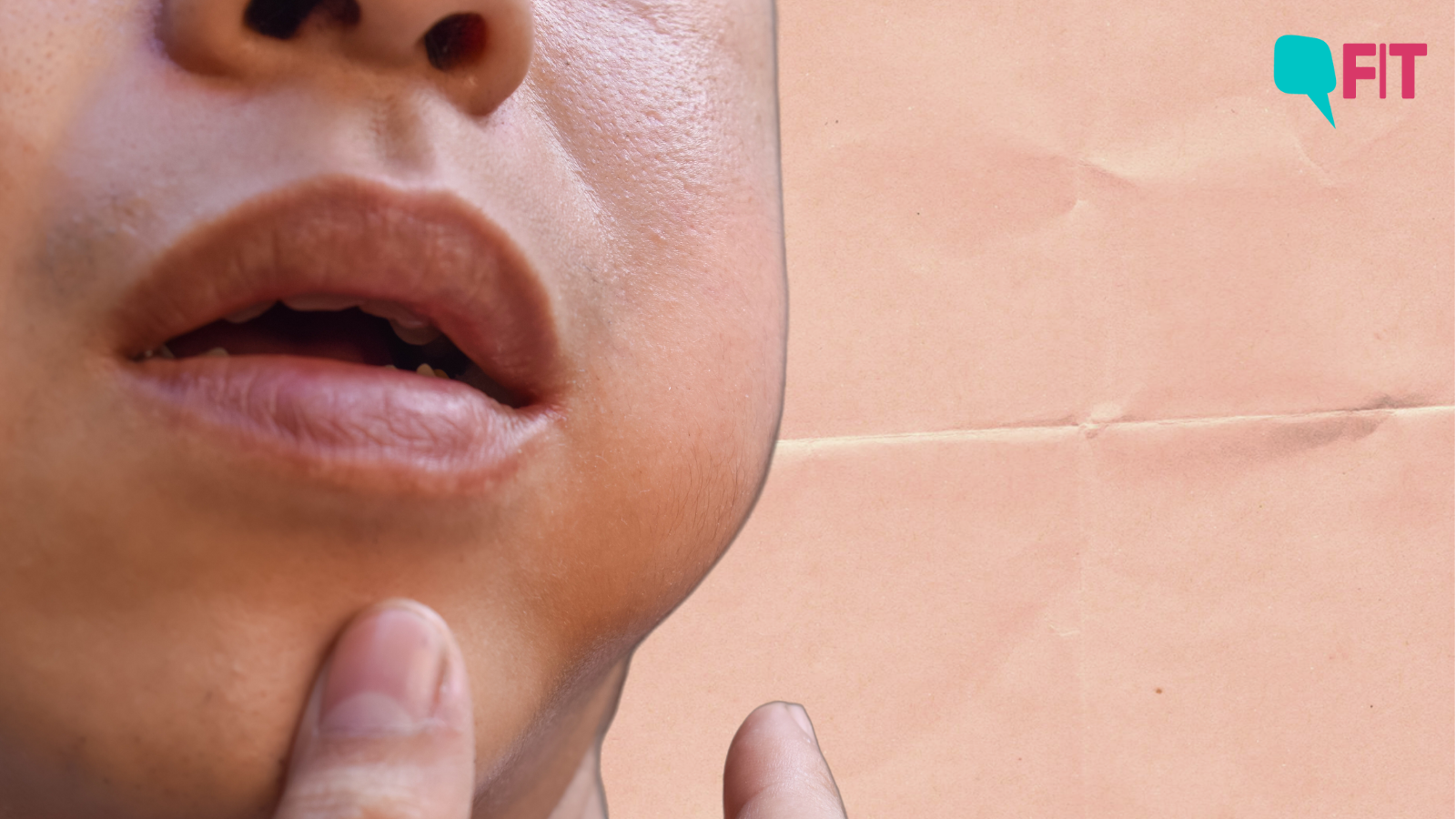“We have been seeing an increase in cases of mumps in Delhi, especially in children and young adults,” Dr Tarun Sahani, Senior Consultant, Internal Medicine, Indraprastha Apollo Hospitals, tells FIT.
According to data from the Centre’s Health Ministry, at least 15,637 cases of mumps have been reported in the country from January-March 2024.
Maharashtra, Telangana, Andhra Pradesh, Rajasthan, and Tamil Nadu – apart from Delhi NCR – are also seeing a drastic rise in cases of mumps, media reports state.
According to the UK’s National Health Service, “Mumps is a contagious viral infection, most recognisable by the painful swelling on the face.”
FIT answers all your mumps-related FAQs.
What are the symptoms of mumps?
Dr Tarun Sahani tells FIT, “When someone contracts mumps, their salivary gland swells up a lot. But since it’s a viral infection, there are other more common symptoms as well.”
These could include:
High fever
Shivering
Chills
Running nose
Notably, for some people, mumps might also lead to pain or discomfort in the testes.
How does the infection spread?
According to Dr Sahani, mumps can spread from an infected individual to a healthy individual through sneezing, coughing, and physical contact, among other things.
Sharing utensils or touching an infected surface could also lead to the viral infection.
How do you treat mumps?
Since it’s a viral infection, Dr Sahani says that mumps are treated on the basis of the symptoms that the patient is exhibiting. He says, “We usually give antiviral medication for fever, running nose, or other symptoms.”
These things can also help when someone is suffering from mumps:
Hydrating well
Bedrest
Being on a liquid/semi-solid diet
What are some preventive measures you can take?
If you come in contact with an infected person, isolate.
Maintain good hygiene.
Wash your hands regularly.
Cover your mouth while sneezing or coughing.
There is also a vaccine against mumps – called the MMR or the measles, mumps, and rubella vaccine – which is administered to infants.
Dr Sahani points out that while immunisation is necessary, the vaccine is still not a part of the national immunisation programme.
(At The Quint, we question everything. Play an active role in shaping our journalism by becoming a member today.)
